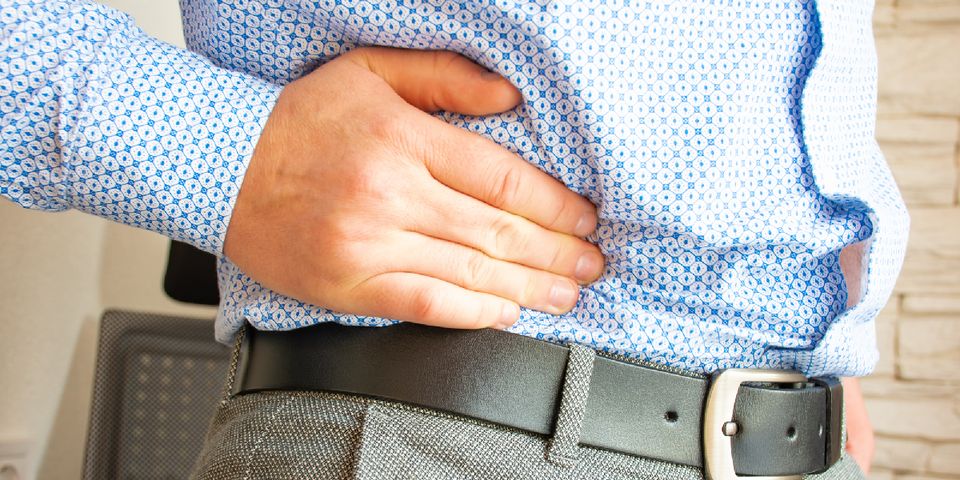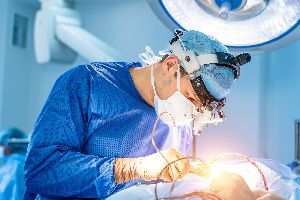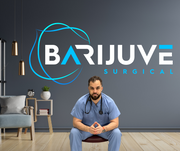A Guide to the Dangers of Untreated Hernias

A hernia occurs when an organ or fatty tissue squeezes through a weak spot in muscle or connective tissue, typically in the stomach or intestine. It's a common problem that is caused by weakened muscles, aging, or excessive strain in the abdominal or groin areas. A hernia results in a physical lump that can be pushed back into place, and it's often accompanied by swelling, increased bulge size, and pain or a dull ache at the site. It can also give a person the sense of feeling full. Hernia surgery is the only lasting treatment. However, some patients underestimate the need for swift medical intervention. Here is a guide to the dangers of leaving hernias untreated.
Are There Different Types of Hernias?
The different types of hernias are distinguished by their location in the body. In the case of one type of hernia, the condition is characterized by its cause.

The five most common types of hernias are inguinal, femoral, umbilical, hiatal, and incisional. An inguinal hernia occurs in the inner groin, while the femoral pops out near the outer groin. Umbilical hernias occur in the belly button, and hiatal happen in the upper stomach region. An incisional hernia occurs in about 15 to 20% of all abdominal hernias, and it's characterized by a protrusion of tissue at the site of a recent surgical scar.
What Happens When They're Left Untreated?
Initially, a hernia may not present with intrusive symptoms. In fact, you may not notice it at all. However, without treatment, a hernia can grow in size, causing the symptoms to increase in severity. Some patients attempt to self-heal by restricting activity that triggers a painful reaction. While this may stall the progression of symptoms, it is not effective in shrinking a hernia. As the lump gets bigger, it is more likely to become strangled by surrounding muscle or tissue. This can result in tissue death, gangrene, and organ death or rupture due to lack of blood circulation.
Immediate hernia surgery is required to prevent dangerous medical obstacles. A hernia treated when it's small is easier to repair and comes with a low risk of surgical complications, resulting in a faster recovery. If you suspect you have a hernia, make an appointment with a specialist immediately.
If you're struggling with a hernia, gastrointestinal, or weight loss issues, turn to Sofiane El Djouzi, MD, FACS, in Willowbrook, IL. This trusted bariatric surgeon offers a wide variety of innovative surgical and nonsurgical treatments designed to permanently address debilitating conditions. From weight loss and hernia surgery to colonoscopies and advanced interventional endoscopies, patients benefit from Dr. El Djouzi’s decades of experience and knowledge of the latest techniques. Visit the website to learn more about his life-changing services, and call (773) 365-1300 to schedule a consultation.
About the Business
(149 reviews)
Have a question? Ask the experts!
Send your question

